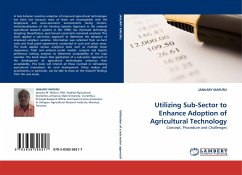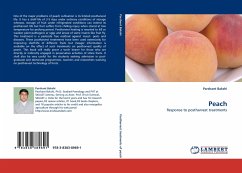The distribution of lunnyu soils in the Lake Victiria Basin of Uganda is characterized at field and landscape level. All the soil properties, except silt, showed spatial dependence at both depths at the scale of study. Phosphorus, Ca, Na and sand showed shorter ranges of between 42 and 58 meters, all in the top soil, but the other properties in top and subsoil have larger ranges of 149 meters. Lunnyu patches on Chromic lixisol and Mollic gleysols had higher pH, P, sand, clay and silt compared to those on Plinthic ferralsols and Petrifferic lixisol. Neither of the soil properties was influenced by landscape position. Soil pH, Ca, Mg, and K were higher in topsoil compared to subsoil. Neither slope position nor the type of lunnyu has showed consistent differences in all the soil properties. Lunnyu cannot be explained by these two factors. In order to resolve the lunnyu problem, objective identification of lunnyu patches should be sought, followed by careful monitoring of crop performance under different soil fertility management interventions.
Bitte wählen Sie Ihr Anliegen aus.
Rechnungen
Retourenschein anfordern
Bestellstatus
Storno

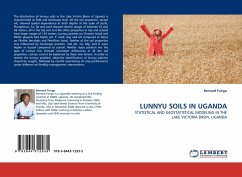
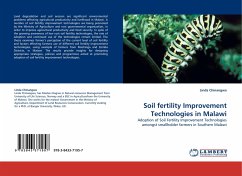
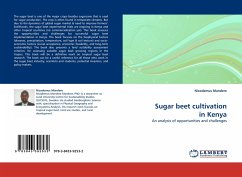
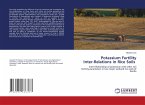
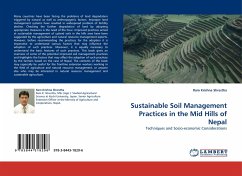
![ORGANIC FERTILIZER Arenga Palm [Arenga pinnata (WRMB)MERR.] ORGANIC FERTILIZER Arenga Palm [Arenga pinnata (WRMB)MERR.]](https://bilder.buecher.de/produkte/56/56682/56682319m.jpg)
